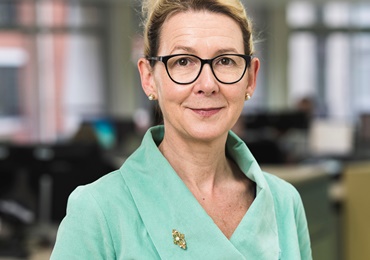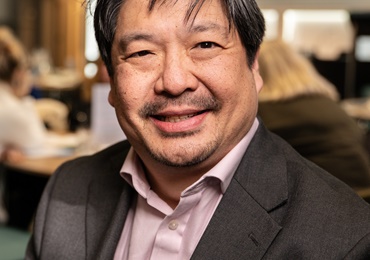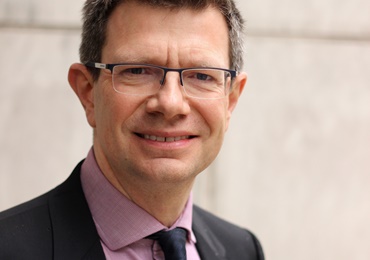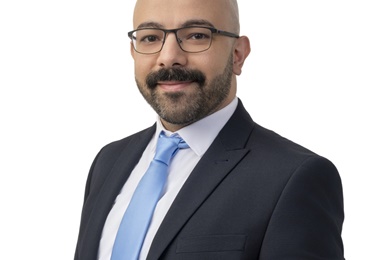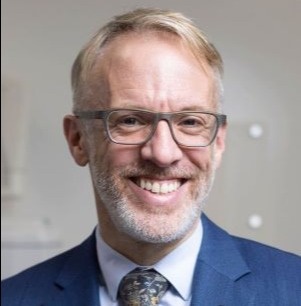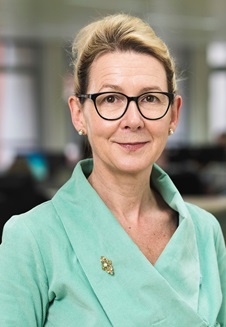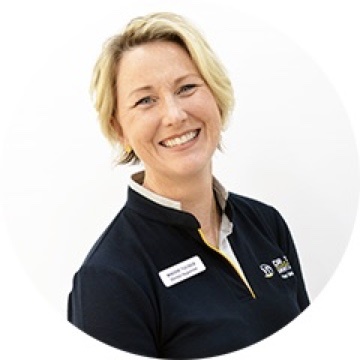Observations from the clinical fellows’ Leadership in dentistry workshop
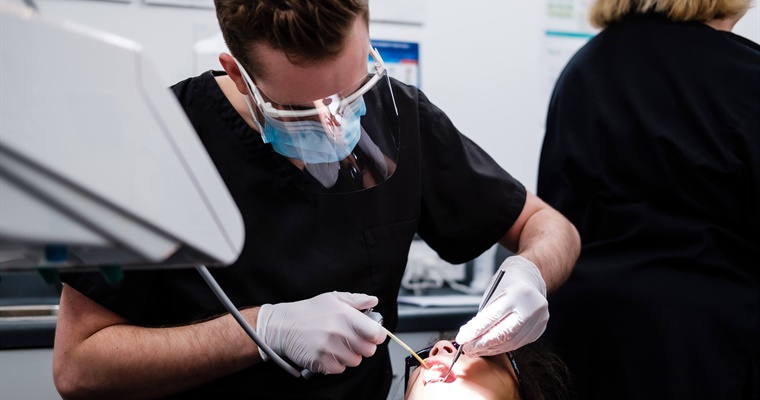
I recently took part in a workshop with some the participants of the Chief Dental Officer’s inaugural Clinical Fellow scheme which was hosted by the GDC. The workshop’s main aim was to explore the concept of ‘dental leadership’, drawing on the fellows’ experience from the year. The workshop also included members of the GDC’s committee which influences the direction of policy and research.
The workshop began with two of the fellows; Vinay Chavda based at the Office of the Chief Dental Officer and Rosie Khehra based at the NHS Business Services Authority, sharing some of their experiences and thoughts from their respective organisations over the year. One of the things they mentioned that I found particularly interesting was their sense that, due to this type of work generally taking a long time to plan, develop and implement, there isn’t an immediate sense of job satisfaction as is often the case in clinical practice. You don’t tend to see the impact of the work you do for a while which can be a challenge.
In smaller groups we went on to discuss what ‘leadership’ means to us in dentistry, the challenges we face as a profession and the role of different organisations in supporting the development of leaders in dentistry.
Importance of leadership and management training
A recurring theme was the importance of leadership and management training for all members of the dental team – not only in the sense that more formal training was needed at undergraduate and postgraduate level, but also that students and professionals would benefit from improved awareness and knowledge of the roles of the organisations that govern dentistry, and increased opportunities to gain practical experience in leadership positions from the start of their careers.
Benefits of inclusivity and representation
We also talked about the need for inclusivity and representation in dental leadership, including the benefits of ensuring leadership positions were accessible to all – not least the varied life experiences and perspectives that can bring. We reflected that recruitment processes can often result in a tick box approach which doesn’t always result in finding the best person for the job. Qualifications and experience are often heavily focussed on over an appreciation of soft skills which can make candidates more suitable for the role, and this may mean that good leaders will be falling through the gaps.
Impact of social media
We considered the fact that anyone can now amass a social media following and can therefore potentially become very influential. We hear a lot about the rise in popularity of ‘social media dentists’, and there is a need for us as professionals – as well as for the organisations that govern the professions - to explore how this might impact on both the profession and the public.
The team at the GDC were keen to explore how they can better engage with the profession. We discussed the importance of early engagement from dental school onward, and how greater knowledge and understanding will help empower dental professionals, give them more confidence in using their voice effectively and contribute to future developments.
The workshop came to a close with the universal agreement that it is of great benefit that leadership skills in dental professionals are fostered wherever possible and a recognition of the Clinical Fellowship scheme’s contribution to this aim. The GDC plans to apply learnings from the workshop to inform its work to support leadership development in dentistry.
 eGDC
eGDC



